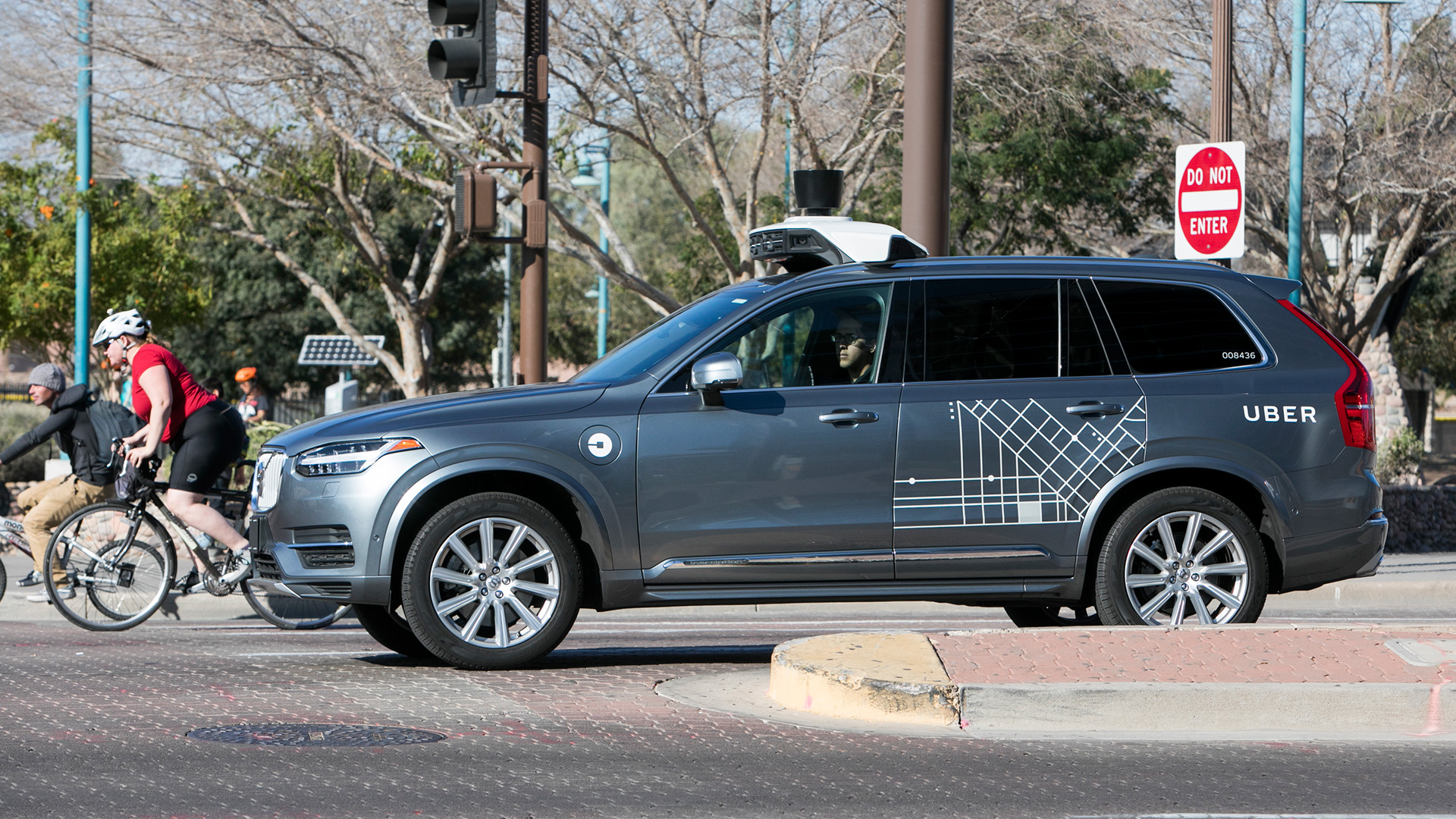

The family of the woman killed by an Uber self-driving car last year has filed a $10 million legal claim against the city of Tempe, Arizona, reports AZCentral. The lawsuit argues that the city created a dangerous situation by paving a median where the fatal crash occurred.
Elaine Herzberg, a 49-year-old homeless woman, was the first known person to be killed by a self-driving car. On the night of March 18, 2018, she was pushing a bicycle across a street in Tempe outside a crosswalk when she was struck by one of Uber’s autonomous test cars.
The claim was filed by the law firm Skousen, Gulbrandsen, and Patience on behalf of Herzberg’s daughter, Christine Wood, and Herzberg’s husband, Rolf Ziemann. The law firm told AZCentral that it is asking for $5 million for each family member. Uber announced last year that it had settled with family members of Herzberg, but did not provide any details. The City of Tempe does not comment on pending litigation.
The new lawsuit argues that Tempe is liable because the median where the crash occurred “has a brick pathway cutting through the desert landscaping that is clearly designed to accommodate people to cross at the site of the accident.” This encouraged people to jaywalk, as Herzberg did, the lawsuit argues.
The city tore out the X-shaped brick path, located on the median of Mill Avenue south of Curry Road, in the fall, right around the time the city was hit the lawsuit, according to AZCentral. It was previously reported that the area had signs encouraging pedestrians to use a crosswalk. Lawyers consulted by AZCentral said the case is weak because the city generally isn’t required to warn people of “open and obvious” dangers, and because crossing the street at a crosswalk may not have prevented the fatality.
An investigation of the nighttime incident indicated that the Uber vehicle did not detect Herzberg. The human safety driver, tasked with taking over control if the car encounters a problem, was reportedly streaming television on her phone at the time of the crash.
Uber suspended testing of self-driving cars on public roads after the crash. It recently resumed testing in Pittsburgh, albeit in a reduced capacity. Meanwhile, rival Waymo has scaled up its efforts. The Google spinoff is now picking up passengers with its prototype self-driving cars in the greater Phoenix metropolitan area—including Tempe.i